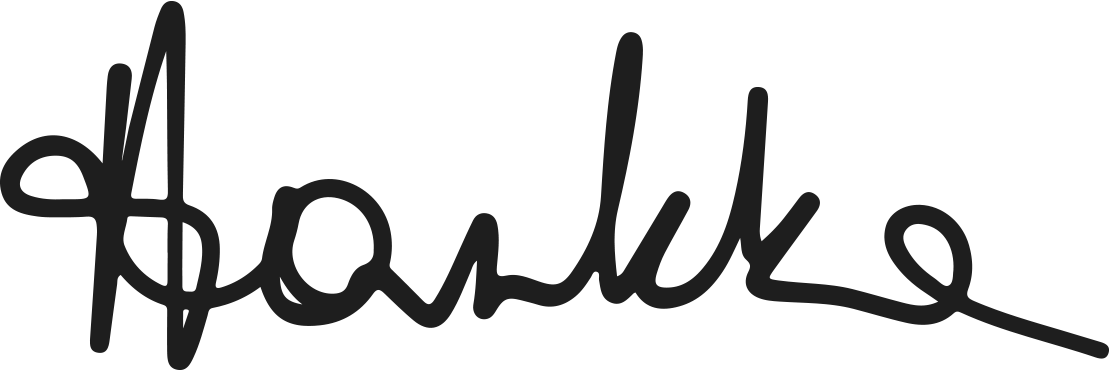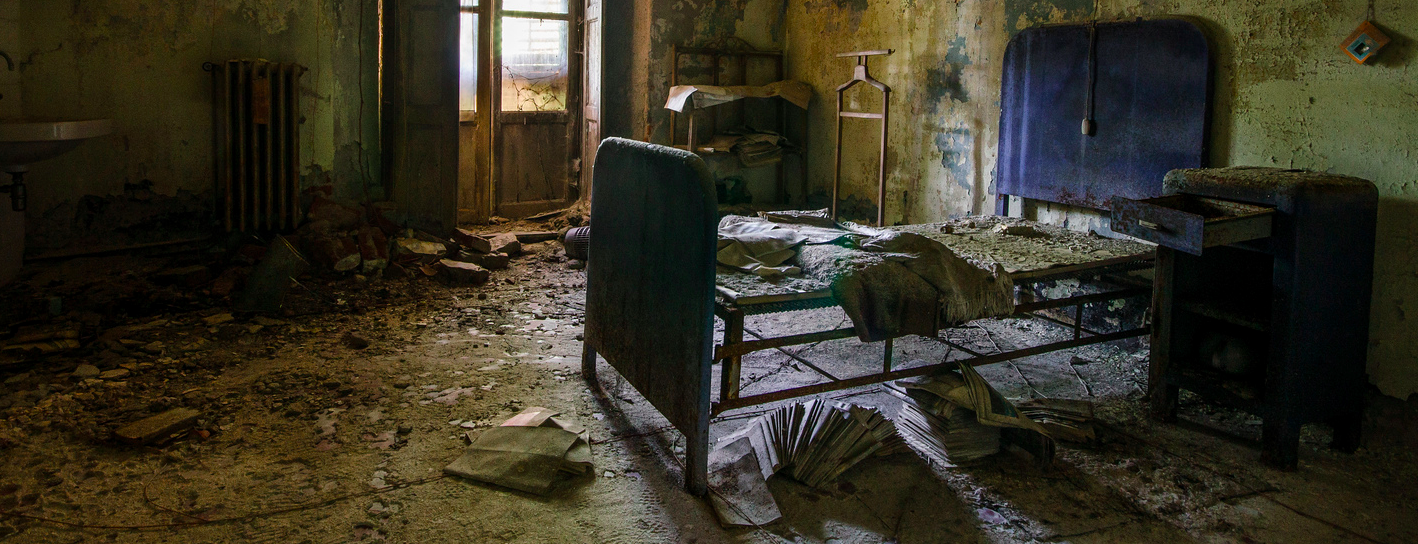You may feel helpless and angry with what’s happening. Or you may not care, since it doesn’t affect you personally, it’s just news – you may tell yourself.
In a 1932 essay on French humour, a German journalist, satirist, and pacifist Kurt Tucholsky is credited for saying: “The death of one man is a tragedy. The death of millions is a statistic”, which perfectly sums up how human indifference is one of the biggest evils of all. Even Nelson Mandela said that:
“In the face of evil, indifference is the deadliest poison of all.”
It looks like we learned nothing from a history. If you’re lucky living in a socio-economically stable country (never take it for granted, because freedom can be taken away from you if you let it), you have the power to do good. I feel we owe it to others being in less fortunate situation.
We can do good even in the smallest of deeds, such as double checking information, before spreading more misinformation and drawing pre-mature conclusions. Refraining from giving your opinion, when you don’t know. Or speaking up, when you do. Educating others in a respectful way, instead of attacking them and stuffing your “truth” up their mouth (tip: it never works, it only cements their point of view even more solid). Building empathy. Because it’s contagious. It all applies to times of peace, and times of war.
And most importantly, we need to teach our children open mindedness, tolerance and appreciation of different cultures. They are like sponge and soak our good believes, but also biases and prejudice.
Children often grow up in environments where they are socialised into a particular religious or cultural identity. This early indoctrination can lead to a strong sense of belonging and loyalty to one’s group and may contribute to the “us against them” mentality. Why do we let it?
That’s what I love cities like London for – this incredible melting pot of cultures that coexists and builds together. I also saw this in a beautiful Lebanon, where 65% of the population is Muslim and 31% Christian. A country that has the most religiously diverse society within the Middle East, comprising 18 recognised religious sects. Where churches are built next to mosques and where you can meet some of the kindest, humblest people on Earth.
I know it’s possible build a beautiful community that is based on tolerance and understanding, so why the whole world can’t be more caring? I wish people would focus their words advocating for peace and make efforts to help innocent people instead of putting more fire, creating even larger division.
“The only thing necessary for the triumph of evil is for good men to do nothing.”
Edmund Burke
Edmund Burke
I believe everything taken to extremes leads to hurtful outcomes, both in politics, religion and elsewhere. We need an open dialogue. Not a groupthink and media narrative of ‘us against them’, that only adds fuel to the fire. And for that, we need a wider access to verified, unbiased information. Stories told from many different perspectives.
Base your opinions on facts
B
Embracing the status quo due to ignorance is the enemy of progress and freedom. Each of us should play a part in building a more transparent, free and fair world, and for me, giving people better access to a cross checked information through technology, is foundational in achieving this dream. For you it may be something completely different. Use any tools you have to build for good.
In a world where the flow of information is mounting, but trust is eroding, making decisions for our countries and societies has never been more challenging. News can be easily manipulated at scale, and what we see is often just a fraction of the grand picture, which leads to polarisation within our communities. But in the face of this scary reality, I believe there’s a hope: fighting fire with fire – using enormously powerful technology for doing good, and helping people make better decisions.
Because, let’s be honest, we’re not as rational as we think. Most of our choices are driven by deep-seated biases and primitive instincts. We need to acknowledge it, dissect it and rise above it. Technology can help us detach our emotion-led, biased rationale and focus on what makes sense.
We need to dare to defend the truth at all cost. Especially, when you’re in position of power. Most public profile people who are influential refrain from speaking up. Because they fear backlash, often unfairly given. I’ve seen it happening over and over again to good hearted people who chose to speak for universal truth. But in times of heated discussion and polarised views, your words will often be misunderstood and filtered through others’ cognitive bias.
It doesn’t even matter, if things you said didn’t mean to hurt anyone. Some people will play Chinese whispers and the final form of what you said will look nothing like when you first said it. Yet, you will be judged for its final, distorted shape.
So I often ask myself – is it better to stay silent, do not expose yourself for any potential backlash and have your reputation tarnished, or to speak up – not knowing if others would have your back if you needed it? Is this how a modern crusade for truth seeking look like? Taking hatred of many and hoping the truth will out.
“In the end, we will remember not the words of our enemies, but the silence of our friends.”
Martin Luther King Jr.
I don’t know.
I only know that those of us who are in privileged situation of living in a safe, stable country, having access to all the knowledge in this world, should build; human connection, dialogue, value. Just like Codie Sanchez said:
If the world is heavy right now – build.
If you’re heartbroken – build.
If you’re angry – build.
The only answer to destruction is to build so big you erase all the hate in the world.
All medical students must take the Hippocratic Oath. And one of the promises within that oath is “first, do no harm” (or “primum non nocere,” the Latin translation from the original Greek.) And I wish we all took such oath. I wish that we felt more accountable for our actions and as soon as we knew that we got off course (to err is human), we corrected that.


![Start-ups and start-downs [Evoque Journey] louveciennes @flickr](https://hankka.com/wp-content/uploads/2013/09/bfast.jpg)
![What are you afraid of? [Evoque journey] Donnie Nunley @Flickr](https://hankka.com/wp-content/uploads/2014/02/12331672305_9d924d76b0_z.jpg)

